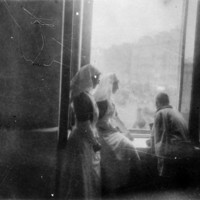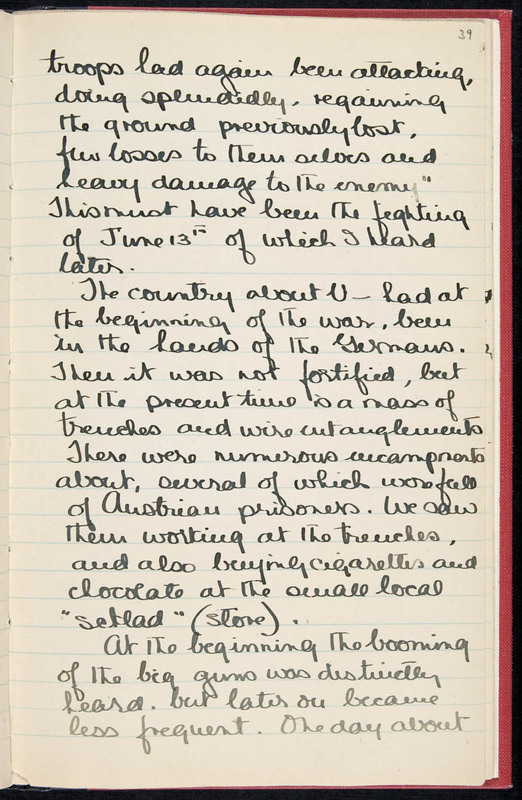Their Perceptions of Their Work
Historically, there has been a focus on the way soldiers viewed their roles in the war and how they documented their experiences. But scholars like Andrea McKenzie point out that military nurses during the First World War also thoroughly documented their experiences through letters, diaries, and photographs. (pg. 318) They reflected on their work, what they were doing and who they were helping. As we understand the nurses’ living and working conditions, we should keep in mind the challenges they faced and how they viewed their work despite those challenges.
Scholars have pointed to many different reasons women became trained nurses and decided to contribute to the war effort. Some, like Henriette Donner, point to the power of nationalism, the appeal of seemingly feminine work, and the possibility of some emancipation from a restrictive society. (pg. 687-688). Regardless of the motivations, studying the experiences of these nurses and how they “experienced trauma as a result of their exposure to wartime work” allows us to look at the full picture of military nursing in World War I. (Hallet, Abstract).




